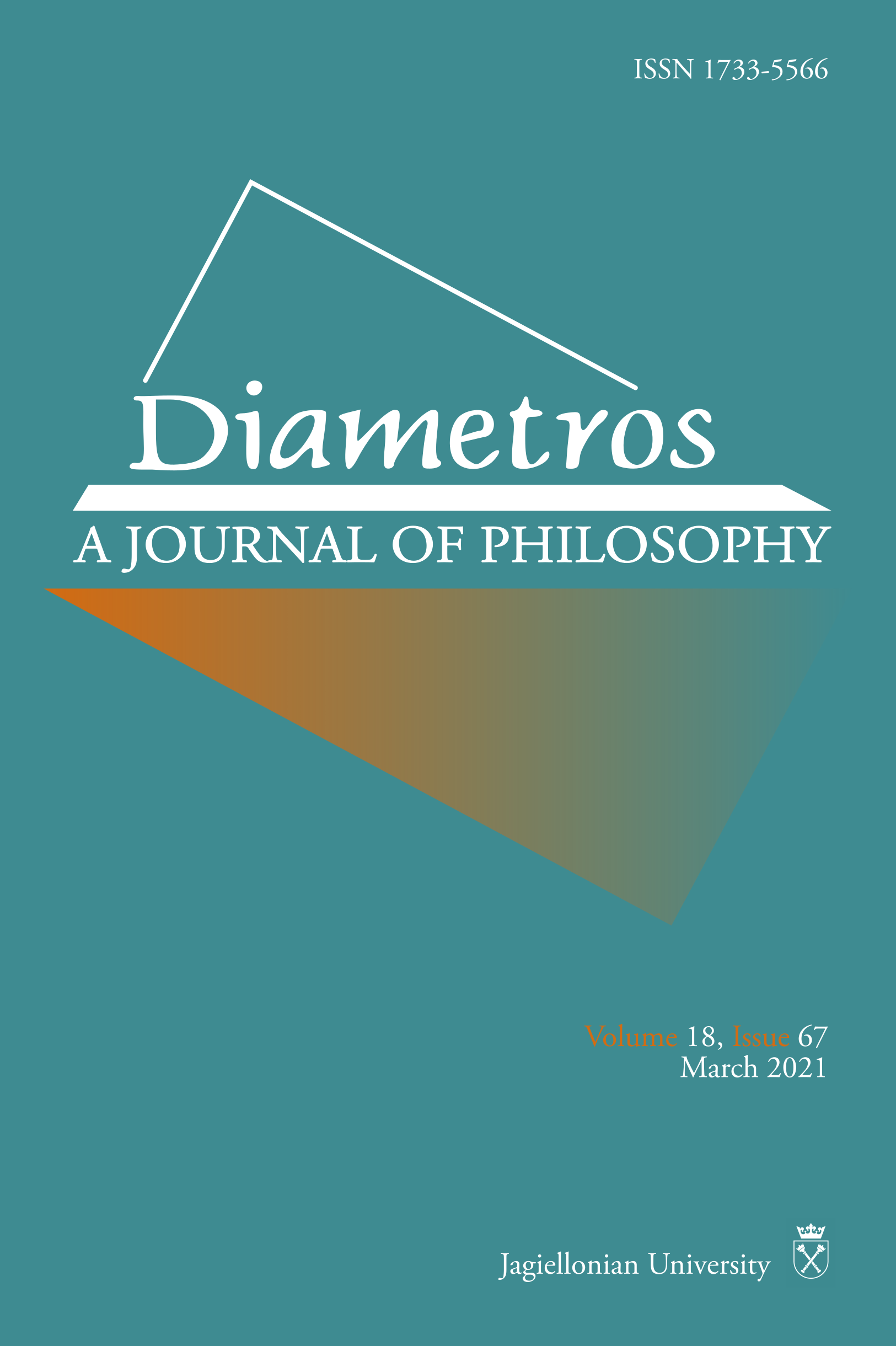Aristotle about the possibility to be unjust towards oneself
Aristotle about the possibility to be unjust towards oneself
Author(s): Maciej SmolakSubject(s): History of Philosophy, Philosophical Traditions
Published by: Instytut Filozofii Uniwersytetu Jagiellońskiego
Keywords: acrasia; Aristotle; involuntary; to be treated unjustly; to treat unjustly; uncontrolled person voluntary
Summary/Abstract: The aim of this article is to clarify the sense of Aristotle's aporia “whether it is possible to treat oneself unjustly or not” and to argue that it is possible to treat oneself unjustly voluntarily. Two passages in NE V 9 are particularly noteworthy, namely 1136a31-1136b1 and 1136b13-25. In the first passage Aristotle proposes the hypothesis that the uncontrolled person (acratic) is capable to treat oneself unjustly voluntarily. In the second passage he gives two arguments – “from apparent loss” and “from wish” – which aim to prove that no one can treat oneself unjustly voluntarily. Both arguments do not invalidate hypothesis, nor exclude the possibility to be unjust towards oneself voluntarily.
Journal: Diametros
- Issue Year: 18/2021
- Issue No: 67
- Page Range: 71-92
- Page Count: 22
- Language: English

